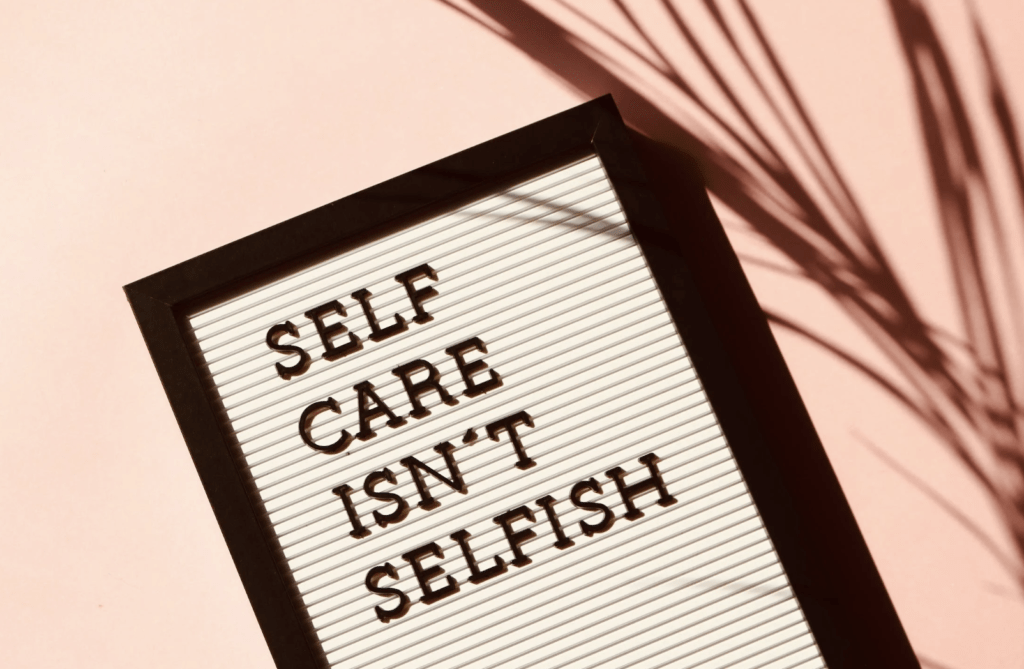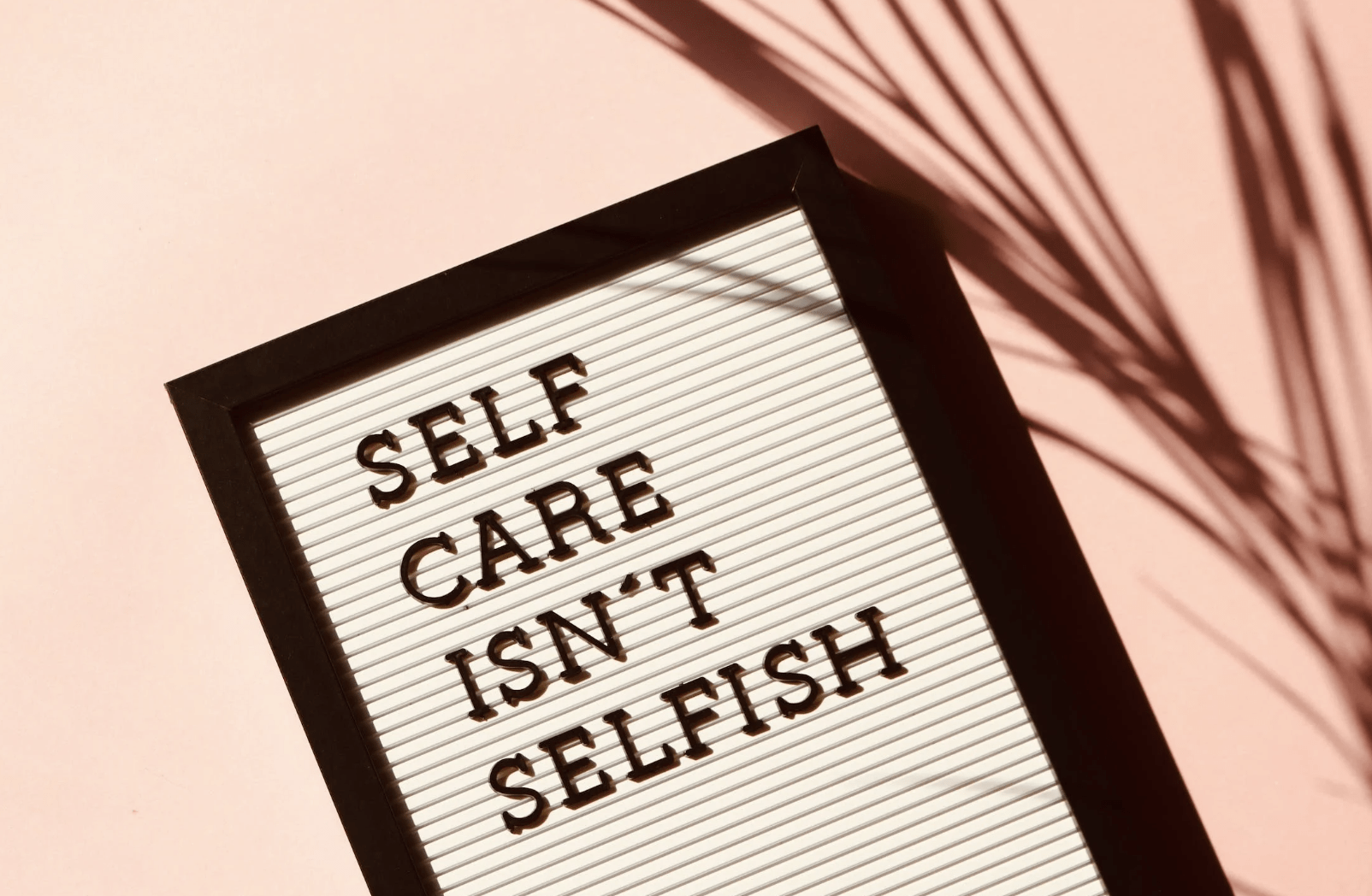Managing stress and boosting mental wellness is crucial for maintaining overall well-being I always make sure to take care of myself. While it’s normal to experience stress from time to time, the key is in how we manage it. For me, managing stress has become second nature.

I’ll share my insights on how I keep stress at bay and offer tips for effective stress management.
- Prioritising Self-Care:
- Self-care is at the core of my stress management strategy. Regular exercise, a balanced diet, and adequate sleep are non-negotiables. When I take care of my physical health, I’m better equipped to handle life’s challenges.
- Mindfulness and Meditation:
- Mindfulness and meditation practices help me stay in the present moment. These techniques have become my go-to tools for reducing anxiety and maintaining a clear, focused mind.
- Setting Realistic Goals:
- I’ve learned to set achievable goals and break them down into manageable steps. This prevents me from feeling overwhelmed and allows me to celebrate my progress along the way.
- Effective Time Management:
- Time management is a skill that has made a huge difference in my stress levels. Prioritising tasks, setting boundaries, and allocating time for relaxation have allowed me to maintain a healthy work-life balance.
- Strong Social Connections:
- My relationships with friends and family are my greatest sources of support. Regularly connecting with loved ones provides me with emotional resilience in times of stress.
- Hobbies and Leisure Activities:
- Engaging in hobbies and leisure activities I enjoy has become my escape from stress. Whether it’s reading, gardening, or painting, these activities provide me with a much-needed break from daily pressures.
- Limiting Exposure to Stressors:
- Identifying sources of stress and actively working to reduce my exposure to them has been crucial. Sometimes, this means setting boundaries or making lifestyle changes to protect my peace of mind.
- Gratitude and Positive Thinking:
- Focusing on the positive aspects of my life and expressing gratitude helps me maintain a positive perspective, even in challenging times.
1. Understanding Stress
Stress is a natural response to challenges, but chronic stress can have adverse effects on mental and physical health. Recognise the signs of stress, such as changes in sleep patterns, irritability, or fatigue. Understanding stress is the first step in managing it effectively.

2. Stress Management Techniques
a. Deep Breathing
Practicing deep breathing exercises can help calm the mind and reduce stress. Inhale deeply through the nose, hold for a moment, and exhale slowly.
b. Regular Exercise
Physical activity is an excellent stress reliever. Engage in regular exercise, be it a brisk walk, yoga, or a workout routine. Exercise releases endorphins, promoting a sense of well-being.
c. Relaxation Techniques
Incorporate relaxation techniques like progressive muscle relaxation, guided imagery, or aromatherapy into your daily routine to reduce stress levels and induce relaxation.
d. Time Management
Prioritise your tasks, set realistic goals, and manage your time effectively. Avoid overloading your schedule, and allocate time for both work and personal activities.
3. Promoting Work-Life Balance
Maintaining a healthy work-life balance is essential for managing stress. Set boundaries between work and personal life, disconnect from work after hours, and dedicate time to your hobbies and loved ones.
4. Seeking Professional Help
If stress becomes overwhelming or chronic, consider seeking help from a mental health professional. Therapy, counselling, or support groups can provide valuable tools and coping mechanisms to manage stress effectively.
Prioritising your mental wellness and effectively managing stress can significantly impact your overall quality of life. By incorporating these stress management techniques and practices, you can foster a healthier mental state, ensuring a happier and more fulfilling life.
Effective stress management is not a one-size-fits-all solution, and what works for me may not work for everyone. The key is to experiment with different strategies and find what resonates with you. Maintaining low stress levels is an ongoing process, and it’s important to be mindful of your mental health and self-care needs. By implementing these tips, you can also learn to manage stress effectively, just like I do, and lead a happier, healthier life. Remember, you have the power to keep stress at bay and embrace a more balanced and stress-free lifestyle.


Leave a Reply